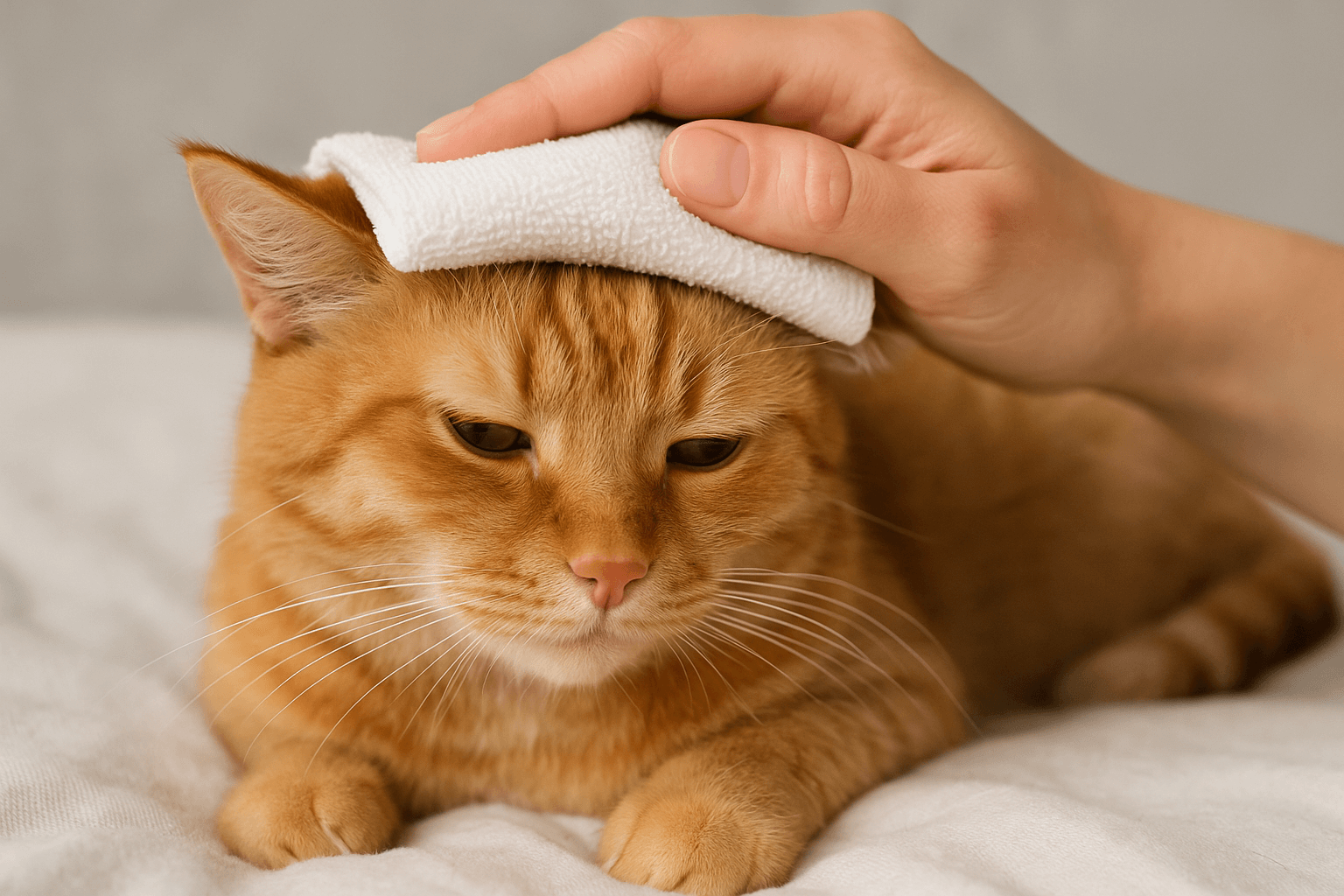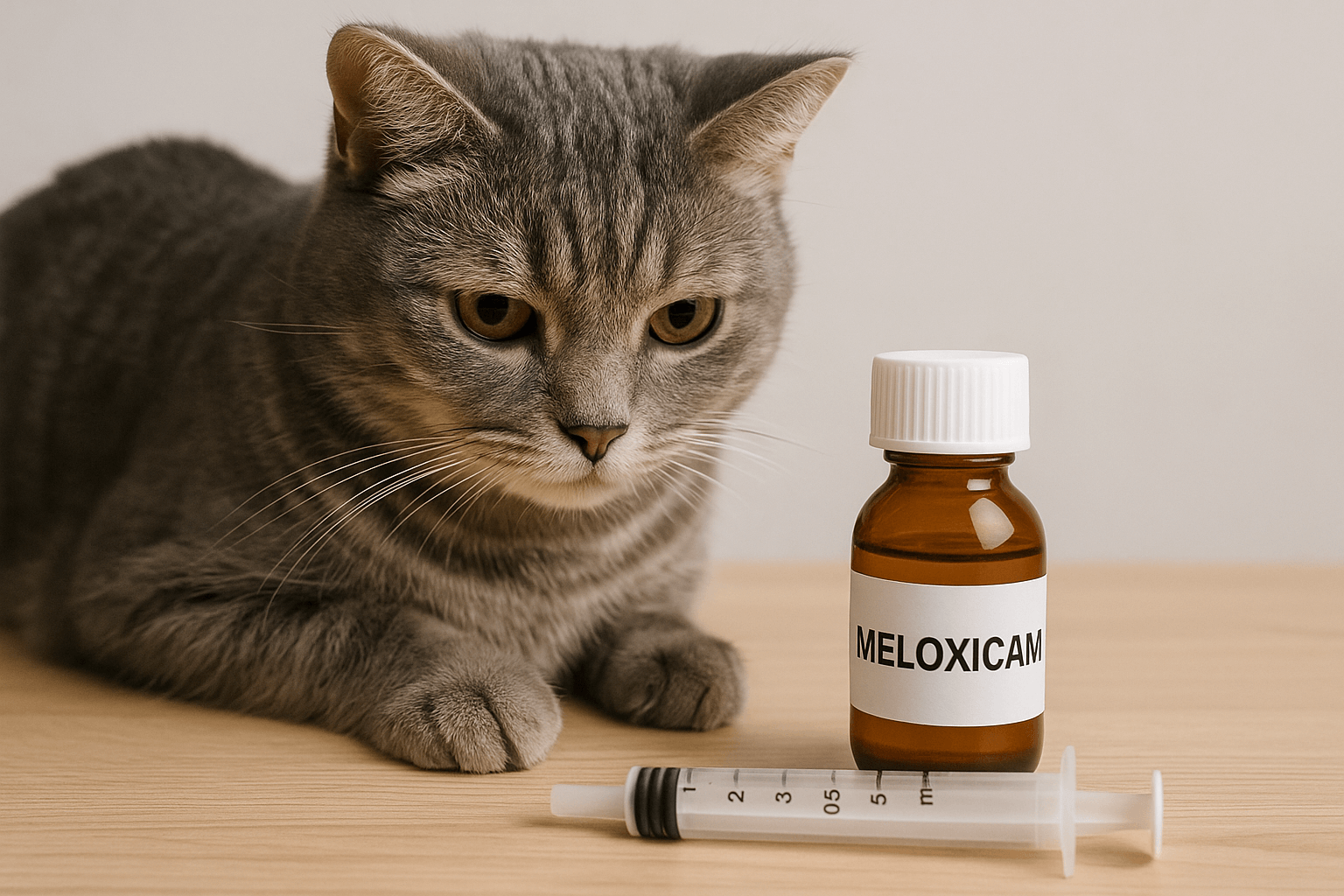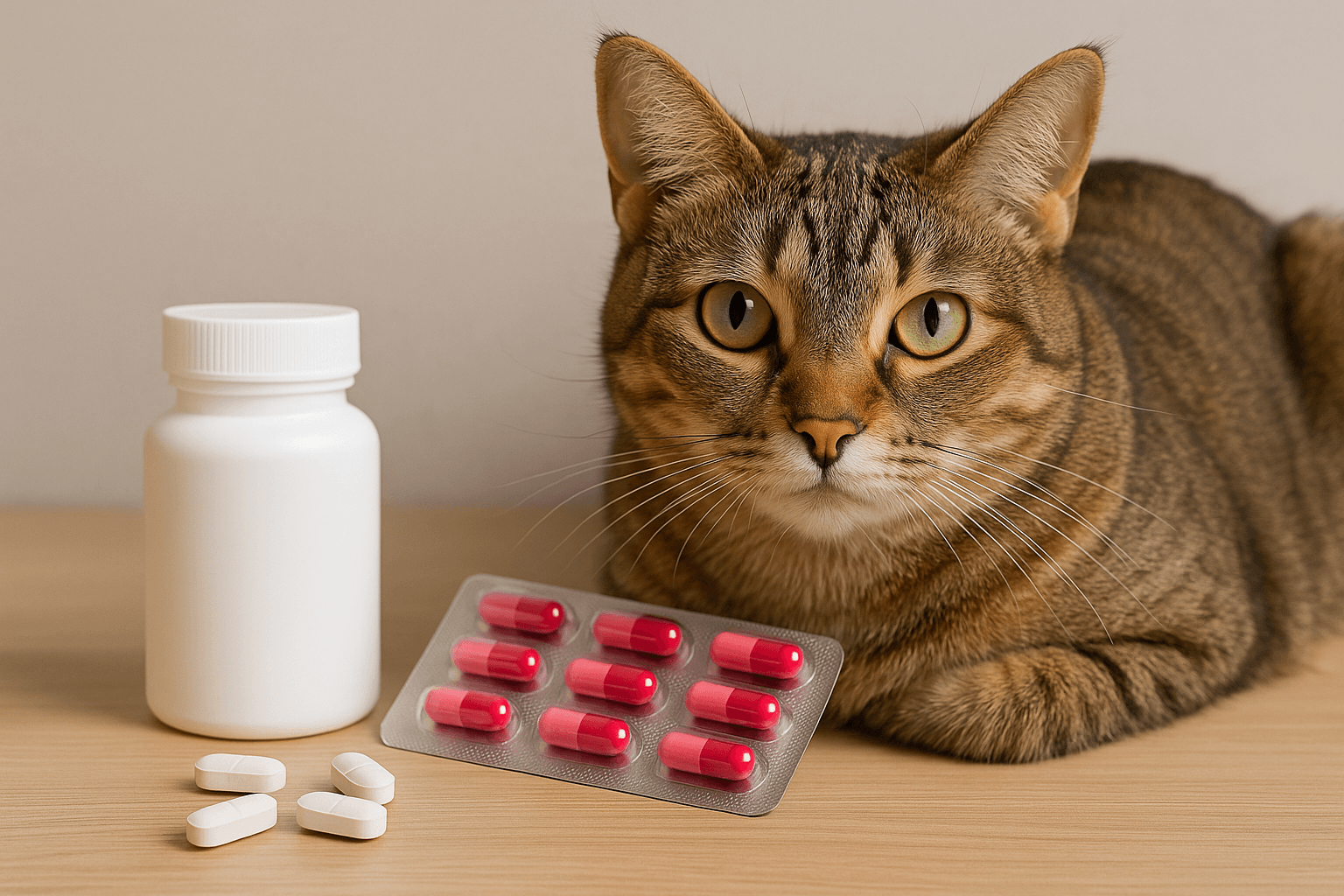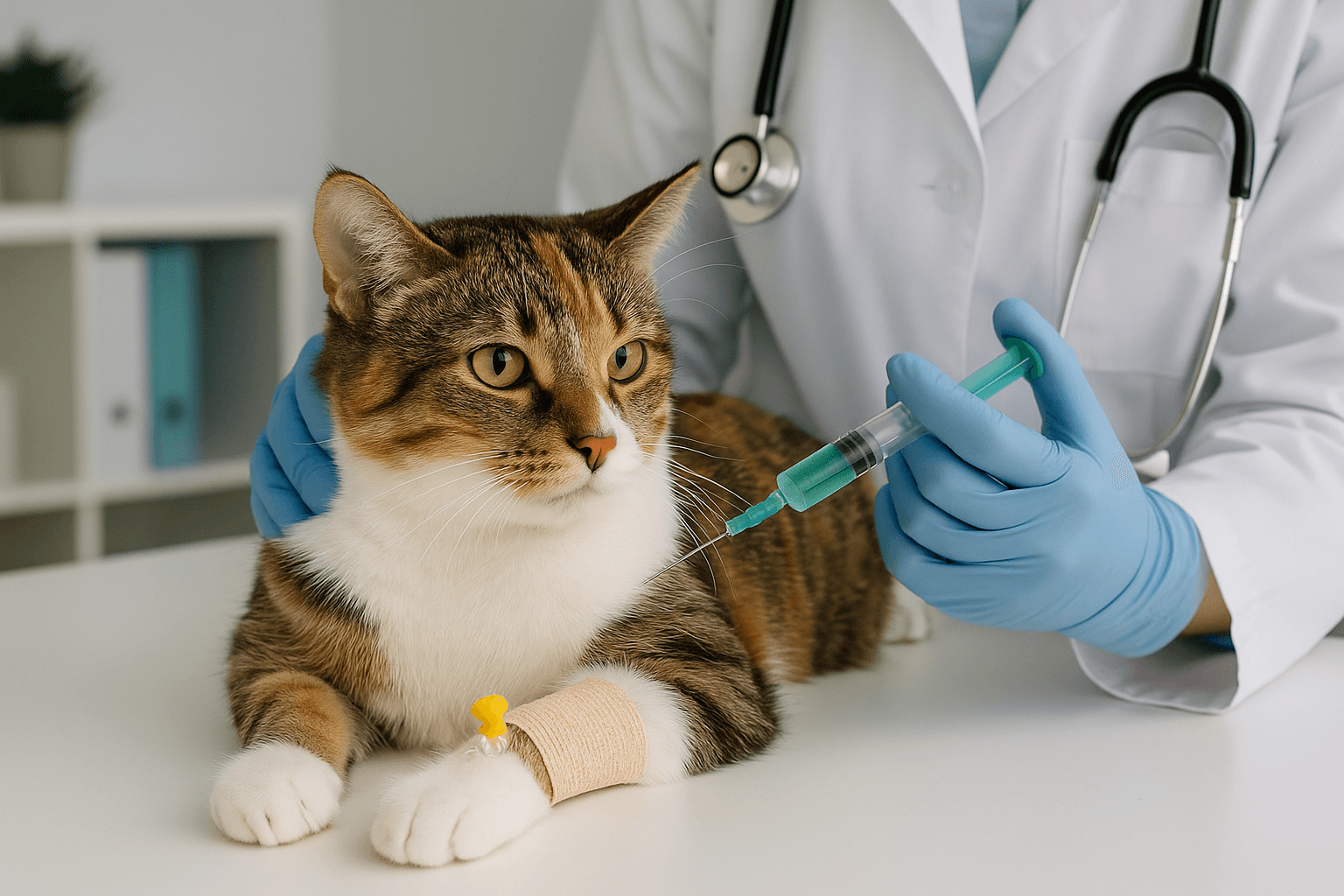How to Fatten Up a Cat: A Guide for Concerned Pet Owners
Is your feline friend looking a little too thin? Whether your cat has recently recovered from an illness, is naturally slim, or seems to have trouble maintaining weight, helping them gain healthy weight requires careful planning and attention. While cats are naturally lean animals, being underweight can indicate underlying health issues or nutritional deficiencies that need addressing. In this blog post, we’ll explore expert tips and strategies to safely and effectively fatten up your cat. From dietary adjustments to lifestyle changes, you’ll learn how to ensure your furry companion reaches and maintains a healthy weight while staying happy and active.
High-Calorie Foods to Help Your Cat Gain Weight
One of the most effective ways to help your cat gain weight is by introducing high-calorie foods into their diet. These foods provide the extra energy needed for weight gain without overwhelming your cat’s digestive system. Here are some options to consider:
Wet Cat Food
Wet food is calorie-dense and contains more moisture, making it easier for cats to digest while providing essential nutrients.High-Quality Kibble
Opt for premium dry food formulated for weight gain, often labeled as “high-energy” or “high-calorie.”Cooked Chicken or Turkey
Lean meats like chicken or turkey are excellent sources of protein and calories when cooked plainly (no seasoning).Eggs
Scrambled or boiled eggs are rich in protein and healthy fats, making them a great occasional treat.Fish Oil Supplements
Adding a small amount of fish oil to meals boosts calorie intake while promoting a shiny coat and joint health.
By incorporating these nutrient-rich foods into your cat’s diet, you can support gradual and healthy weight gain without compromising their overall well-being.
Feeding Strategies to Encourage Weight Gain
The way you feed your cat plays a crucial role in their ability to gain weight. Implementing smart feeding strategies ensures they consume enough calories throughout the day. Here’s how to optimize mealtime:
Small, Frequent Meals
Instead of two large meals, offer four to six smaller portions daily to encourage consistent eating.Warm Up Food
Slightly warming wet food enhances its aroma, making it more appealing to picky eaters.Use Puzzle Feeders
Interactive feeders stimulate your cat’s natural hunting instincts, encouraging them to eat more enthusiastically.Monitor Portion Sizes
Measure food portions carefully to avoid underfeeding while ensuring you don’t overfeed too quickly.Create a Stress-Free Environment
Cats are sensitive to their surroundings; feeding in a quiet, comfortable space can reduce anxiety and improve appetite.
With these feeding strategies, you can create a positive dining experience that supports your cat’s weight gain journey.
Check this guide 👉Turkey Cat Food: Top 4 Best Picks for a Healthy, Happy Cat!
Check this guide 👉Top 4 Best Sensitive Cat Foods for Ultimate Relief!
Check this guide 👉Top 4 Best Canned Cat Food Products Your Feline Will Love!

Food Type | Benefits for Weight Gain |
|---|---|
Wet Cat Food | High in calories and moisture; improves hydration |
Cooked Eggs (Yolks) | Rich in fats and proteins |
Salmon or Tuna | Provides omega-3 fatty acids and extra calories |
Pumpkin Puree | Supports digestion and adds bulk to meals |
High-Calorie Supplements | Boosts calorie intake without increasing portion sizes |
Signs Your Cat Needs to Gain Weight
If you’re unsure whether your cat truly needs to gain weight, look out for specific signs that indicate they may be underweight. Recognizing these symptoms early allows you to address potential issues promptly. Here’s what to watch for:
Visible Ribcage
If you can easily see or feel your cat’s ribs without pressing, they may be underweight.Lack of Energy
Underweight cats often appear lethargic or less playful than usual.Dull Coat
A lackluster coat could signal poor nutrition or insufficient caloric intake.Frequent Illnesses
Cats with weakened immune systems due to malnutrition may fall ill more often.Reduced Muscle Mass
Noticeable loss of muscle tone, especially around the hindquarters, is a red flag.
Understanding these signs helps you take proactive steps toward improving your cat’s health and ensuring they achieve a healthy weight.
Common Mistakes to Avoid When Fattening Up a Cat
While trying to help your cat gain weight, it’s easy to make mistakes that could hinder progress or harm their health. Being aware of these pitfalls ensures you stay on the right track. Here’s what to avoid:
Overfeeding Too Quickly
Rapid weight gain can lead to obesity or digestive upset; aim for slow, steady increases instead.Offering Human Foods
Many human foods are toxic to cats or lack the nutrients they need for safe weight gain.Ignoring Underlying Health Issues
Conditions like hyperthyroidism or dental problems may prevent proper weight gain if left untreated.Neglecting Hydration
Dehydration can exacerbate health issues; always ensure fresh water is available.Skipping Vet Consultations
Regular check-ups help monitor progress and rule out medical causes of weight loss.
Avoiding these common mistakes ensures your efforts to fatten up your cat remain safe and effective.
Supplements That Can Aid Weight Gain
In addition to dietary adjustments, certain supplements can support your cat’s weight gain journey by providing essential nutrients and boosting their appetite. Here are some options to consider:
Probiotics
Probiotics improve gut health, aiding digestion and nutrient absorption, which is crucial for underweight cats.L-Lysine
This amino acid supports immune function and may enhance appetite in cats recovering from illness.Taurine
Essential for heart and eye health, taurine also promotes muscle development and overall vitality.Vitamin B Complex
B vitamins play a key role in metabolism, helping cats convert food into energy more efficiently.Appetite Stimulants (Prescribed)
In cases of severe appetite loss, your vet may recommend safe appetite stimulants to encourage eating.
When used appropriately, these supplements can complement your cat’s diet and help them gain weight safely and effectively.
Environmental Factors That Influence Eating Habits
A cat’s environment plays a significant role in their eating behavior, especially when trying to encourage weight gain. Creating the right atmosphere can make a big difference. Here’s how to optimize your cat’s surroundings:
Quiet Feeding Area
Cats prefer eating in peaceful locations away from loud noises or high-traffic areas.Separate Food and Water Bowls
Placing food and water bowls apart mimics their natural instincts and encourages better eating habits.Clean Bowls Daily
Cats are sensitive to cleanliness; washing bowls regularly prevents contamination and maintains freshness.Avoid Stressful Changes
Sudden changes in routine or household dynamics can disrupt your cat’s appetite; keep things stable.Provide Vertical Space
Offering elevated perches near feeding areas gives cats a sense of security while they eat.
By addressing these environmental factors, you can create a stress-free dining experience that encourages consistent eating and healthy weight gain.
Monitoring Progress and Adjusting Strategies
Tracking your cat’s progress is vital to ensure your efforts are paying off and to identify any necessary adjustments along the way. Here’s how to monitor and refine your approach:
Weigh Your Cat Regularly
Use a pet scale or consult your vet to track small changes in your cat’s weight over time.Observe Body Condition
Look for improvements in muscle tone, coat quality, and overall body shape as indicators of progress.Track Food Intake
Keep a log of how much your cat eats daily to identify patterns or inconsistencies in their eating habits.Adjust Portion Sizes Gradually
If your cat isn’t gaining weight, increase portions slightly or introduce higher-calorie foods incrementally.Consult Your Vet Periodically
Regular check-ups allow your vet to assess your cat’s health and provide guidance on next steps.
By staying vigilant and adaptable, you can fine-tune your strategy to ensure your cat achieves and maintains a healthy weight.
Frequently Asked Questions About Helping Your Cat Gain Weight
How long does it take for a cat to gain weight?
The timeline varies depending on the cat’s age, health, and diet, but gradual weight gain over several weeks is ideal.
Can I give my cat milk to help them gain weight?
Most cats are lactose intolerant, so milk isn’t recommended. Stick to vet-approved options instead.
Is it normal for older cats to lose weight?
Some weight loss is common with age, but significant changes should be evaluated by a veterinarian.
What if my cat refuses to eat high-calorie food?
Try mixing new food with their regular meals gradually, or use flavorful toppings like tuna juice to entice them.
Should I worry about my cat becoming overweight?
Yes, excessive weight gain can lead to obesity-related health issues; aim for a balanced approach.
Supporting Your Cat’s Journey to a Healthy Weight
Helping your cat gain weight is a process that requires patience, consistency, and attention to detail. By incorporating nutrient-rich foods, implementing smart feeding strategies, and avoiding common mistakes, you can ensure your feline friend achieves a healthy weight in a safe and sustainable manner. Remember, every cat is unique, so tailor your approach to suit their individual needs and consult your veterinarian for personalized advice. With love, care, and the right plan, your cat will thrive—because a happy, healthy cat makes for a joyful home.
Cat Fever Treatment: Best 7 Expert Tips! Discover expert advice on identifying, managing, and treating fever in cats to ensure their quick recovery and well-being.
Understanding Meloxicam for Cats: Best 7 Expert Tips! Learn how to safely administer meloxicam, manage side effects, and ensure your cat's comfort with expert advice on feline pain relief.
Amoxicillin for Cat UTI: Best 7 Expert Tips! Discover safe usage, dosage guidelines, and expert advice on treating feline urinary tract infections effectively with amoxicillin.
Understanding Cat Cancer Treatment: Best 7 Expert Tips! Discover expert advice on managing feline cancer, from early detection to treatment options, ensuring your cat’s health and comfort.





